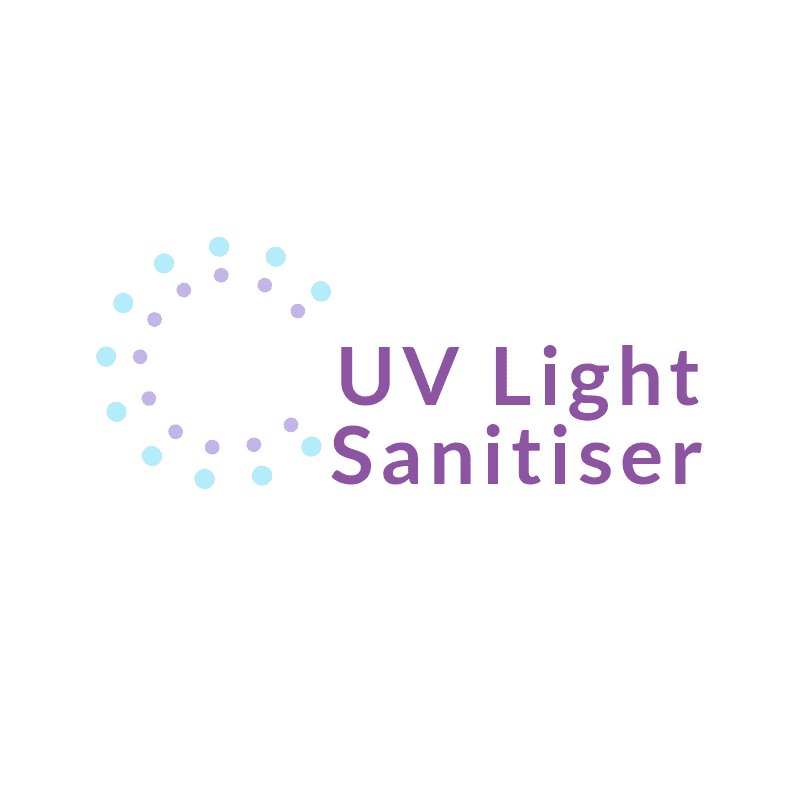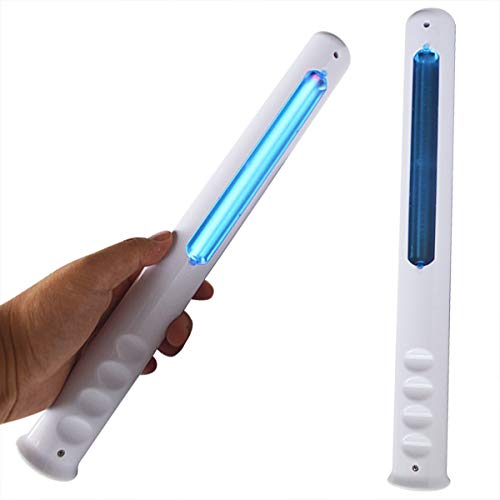Having a portable UVC Travel Sanitiser is all the rage right now especially in the light of the coronavirus outbreak. During the pandemic, people are searching for ways to protect themselves from getting infected. The power of UV light as a disinfectant has been known since the 1870s. For his work on fighting lupus vulgaris using UV light, physician Niels Ryberg Finsen won the Nobel Prize.
Portable light disinfection uses blue light instead of the traditional white light. UV light sanitizers have the ability to disinfect at a distance as long as they are activated. In light of the COVID-19 pandemic, sales of UV light sanitizers saw an increase recently.
How Does UV Light Sanitation Work?
UV light spectrum consists of UV-A, UV-B, and UV-C. Among the three spectrums, it is the latter that has the ability to kill germs. This is what you would want to look for when looking for a sanitizer. Portable light disinfection is most effective on dirty surfaces by destroying the DNA or RNA of bacteria and viruses making them less harmful.
With this in mind, we have seen a spate of UV-powered technology recently. Machines delivering ultraviolet light has been utilized for plane seat disinfection to prevent the spread of the disease. UV-emitting robots have also been dispatched for sanitizing hospital rooms.
UV light has shorter wavelength than visible light but longer than x-rays. UV-C is considered “germicidal UV.” Wavelengths between 200 nm and 300 nm are strongly absorbed by nucleic acids. Once absorbed, UV-C can result in defects such as pyrimidine dimers. These dimers prevent the bacteria or virus from replicating or expressing necessary proteins, resulting in the death or inactivation of the organism.
The effectiveness of germicidal UV will depend on the length of time a microorganism is exposed to UV, the intensity and wavelength of the UV radiation, presence of particles that can protect the microorganism from UV, and the ability of the microorganism to withstand UV during exposure.
UV Travel Sanitizers – The Perfect Travel Companion
As people focused on their safety and protection from the coronavirus, UV travel sanitizers became a hot commodity. They are a must especially among travelers who are very much conscious about disinfecting stuff. Travel sanitizers can be used for disinfecting water and ensure that it is potable. You can also use UV travel light for hotel room disinfection.
During travel, one of the most used devices is the smartphone. You use it for taking selfies or groupies. Smartphones are used several times during the day. Did you know that phones have 10 times more bacteria than most toilet seats? Imagine the number of bacteria that goes to your hand whenever you use it. The Centers for Disease Control and Prevention recommends frequent handwashing and routine disinfection similar to countertops and doorknobs.
Do They Really Work?
A light disinfection wand works best on smooth surfaces. Most likely, it will also be effective on phones and cases because they do not have crevices for germs to hide. Although you could use antibacterial wipes, UV light is more environment-friendly because they consume less waste. It also gives you the peace of mind of supporting good hygiene habits especially during the cold and flu season and in the midst of the pandemic.
UV-C has been shown to kill SARS-CoV-2, the virus that causes COVID-19. It can destroy viruses and other microbes on surfaces in hospitals. UV-C is shown to destroy related coronaviruses like the one that caused Middle Eastern Respiratory Syndrome or MERS.
A scientist from Columbia University revealed that preliminary tests revealed that UV-C can inactivate COVID-19. Dr. David Brenner tested samples of SARS-CoV-2, the virus responsible for COVID-19. He exposed the samples to UV-C and measured the response after exposure. According to Dr. Brenner, more tests will continue and have his researched peer reviewed. Testing is very important because the structure of COVID-19 is different from previous viruses.
According to documents from the Department of Homeland Security (DHS) obtained by Yahoo, preliminary tests by government researchers revealed that simulated sunlight reduced active SARS-CoV-2 to non-detectable levels after only 3 minutes on non-porous surfaces and similarly effective against virus in the air. In addition, Chinese researchers have reported high temperature and UV radiation do not appear to reduce COVID-19 transmission.
Downside of UVC Travel Sanitiser
However, one problem with UV light sanitizers is that it takes a lot of time for it to work. For example, phone sanitizers require your smartphones into a tanning-bed-like box and leave it there for several minutes. On clothes, however, you need to manually expose your clothes manually. This could not only leave room for error but also pain.
Do consumer UV products work?
UVC sanitizing or disinfecting device should give a declared wavelength between 200 to 280 nm, preferably closer to 260 nm. While they state their wavelengths, only a few products state their irradiance, which is needed to determine an effective dose to kill coronavirus in a reasonable amount of time.
Although UV-C can kill germs, it is still not certain whether or not UV sanitizers can make homes significantly cleaner or healthier. There is still no evidence whether they can work as a home product. There were studies investigating UV-C in laboratories but no evidence yet on whether they can prevent diseases and infections at home.
Is UV-C Safe For Humans?
While UV light sanitizers are great for surfaces and objects, they have the potential for collateral damage. Yes, they can kill harmful germs and microbes but they are also dangerous to the skin cells and eyes. In fact, the World Health Organization warns against disinfecting yourself using UV sanitizers. UVC sanitizers can damage your eyes and skin as well as cancer.
Chris Keller, marketing manager at Germ Guardian, recommends caution to customers when buying UV sanitizers because UV-C rays can damage skin and eyes. She recommends wearing of goggles to protect your eyes.
Scientists are still exploring ways to use specific types of UVC light for devices that could be safe for humans. But at the moment, existing products are unsafe to use on your body. UV light sanitizer may be the disinfectant of the future but as of the moment, you are better off with traditional disinfection practices like hand washing with soap and water.

